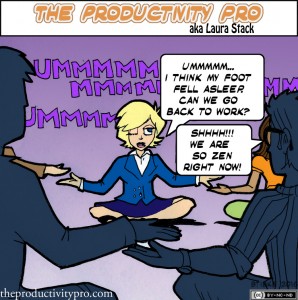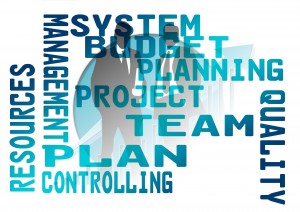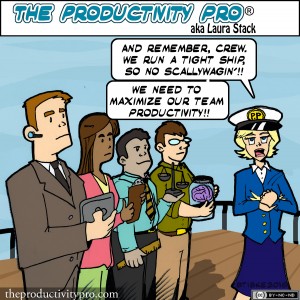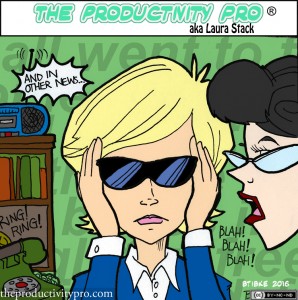
No doubt you've seen too many self-serving maneuvers over the years to be surprised when a leader slinks off into every-man-for-himself territory. So why not surprise your team by facing your in-house rivals like a team player? Keep these things in mind when the going gets tough. 1. Present Your Needs Clearly. Who gets the resources he or she needs: the shrinking violet or the fighter who asks for them? Too often, I've seen people curse the darkness when they could just flip the light switch. If you don't get what you want, ask for it. See your superior(s) and outline your needs, especially if you've just landed something new and urgent. Don't make demands, but don't shy away from your duty to provide for your team, either. At the same time, make sure those you compete with for … [Read more...]











